Getting a great hotel deal doesn’t have to feel like solving a puzzle. Smart travelers know there are simple tricks that can save hundreds of dollars and score amazing room upgrades. Most people miss these opportunities because hotels don’t advertise their best-kept secrets. Ready to unlock insider knowledge that will transform how you book your next stay?
1. Join the hotel’s free loyalty program and book the Member Rate

Hotel chains practically give away their loyalty memberships, yet millions of travelers ignore this goldmine. Marriott Bonvoy, Hilton Honors, and World of Hyatt offer exclusive member rates that can slash 10-15% off standard prices instantly.
Signing up takes less than two minutes and unlocks perks like free Wi-Fi, late checkout, and room upgrade possibilities. The member rates appear automatically when you’re logged in, often beating third-party booking sites.
Smart travelers join multiple programs since there’s no cost or commitment. These programs also stack with other discounts, creating compound savings opportunities most people never discover.
2. Use Best Rate Guarantees for extra savings if you spot a lower price

Found your dream room cheaper elsewhere? Major hotel chains will not only match that price but actually beat it through their Best Rate Guarantee programs. Marriott adds either 25% off or 5,000 bonus points on top of the match.
Hilton takes an additional 25% off the matched rate, while Hyatt offers 20% off or 5,000 points. The catch is timing and documentation – you typically have 24 hours after booking to submit your claim with proper proof.
This isn’t a hidden policy but an official guarantee that most travelers never use. The savings can be substantial, especially on expensive stays where that extra discount really adds up.
3. Book a cancellable rate early then set price alerts and rebook if it drops
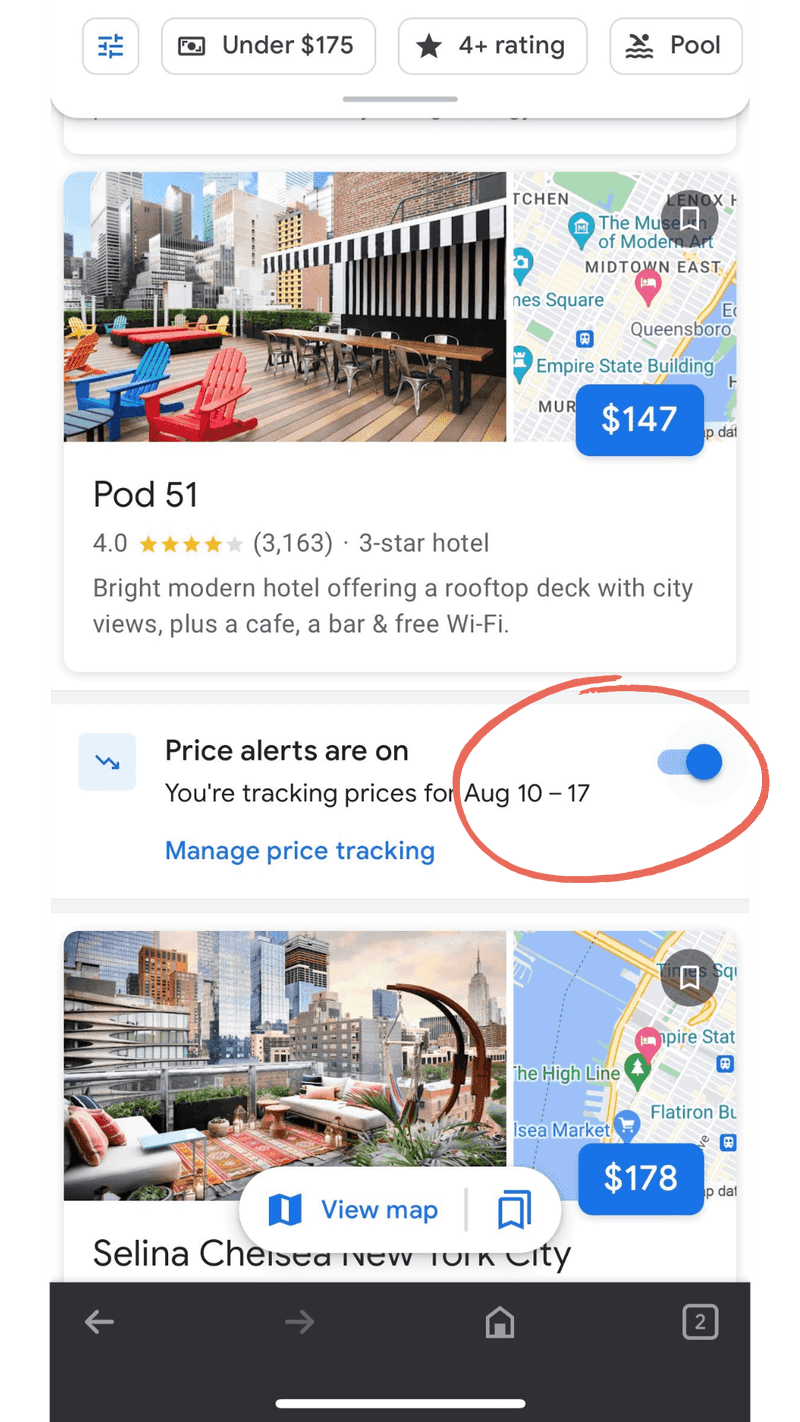
Hotel prices bounce around like stock markets, sometimes dropping significantly after you book. Secure a refundable reservation now, then monitor for price drops using tools like Google Hotels price tracking or KAYAK alerts.
When prices fall, simply cancel your original booking and rebook at the lower rate. This strategy works particularly well for popular destinations where demand fluctuates unpredictably.
Apps like Pruvo automatically monitor your existing refundable bookings and alert you to savings opportunities. The key is choosing flexible rates initially – the small premium often pays for itself when prices drop later.
4. Always compare the total price including mandatory fees
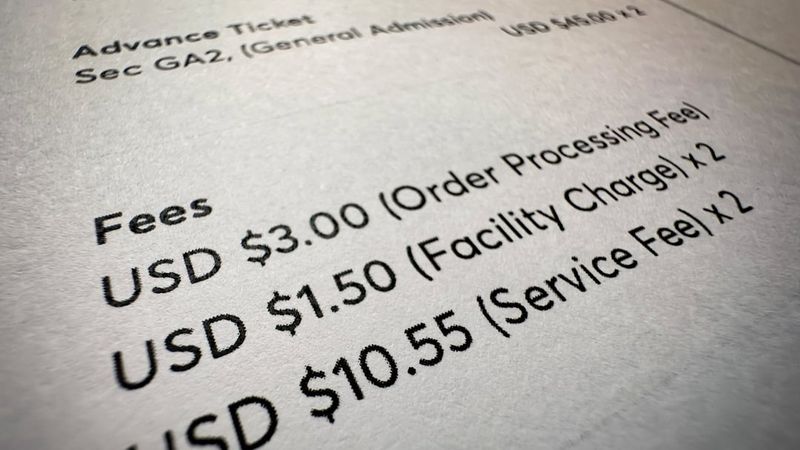
Resort fees, destination charges, and facility costs can add $50+ per night to your supposedly great deal. A new FTC rule rolling out in 2025 requires upfront fee disclosure, but until then, you need to dig deeper.
Google Hotels and some booking platforms now show total costs including mandatory fees before asking for personal information. Always scroll down to see the fine print on any booking.
What looks like a $120 room can easily become $180 after fees. Smart comparison shopping means adding up every mandatory charge to find the true winner, not just the advertised rate that hooks you initially.
5. Beat average rate traps by splitting one stay into two reservations
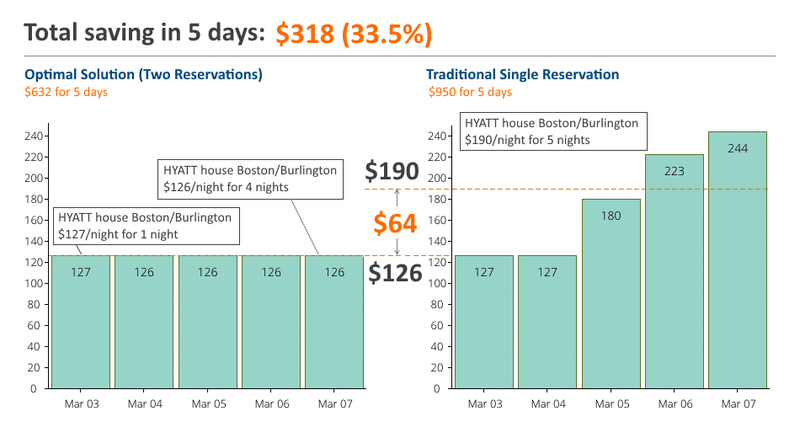
Hotels sometimes average expensive nights across your entire stay, inflating the total cost artificially. Weekend nights might cost $300 while weekdays are only $150, but a single booking averages them to $225 each.
Check each night individually or split your stay across different room types. Travel experts have documented real savings by booking peak nights separately from off-peak nights.
This tactic requires more planning but can save serious money on longer stays. You might even discover that switching hotels mid-stay or changing room categories creates better overall value than one continuous reservation.
6. Book via premium card programs for upgrades and valuable extras
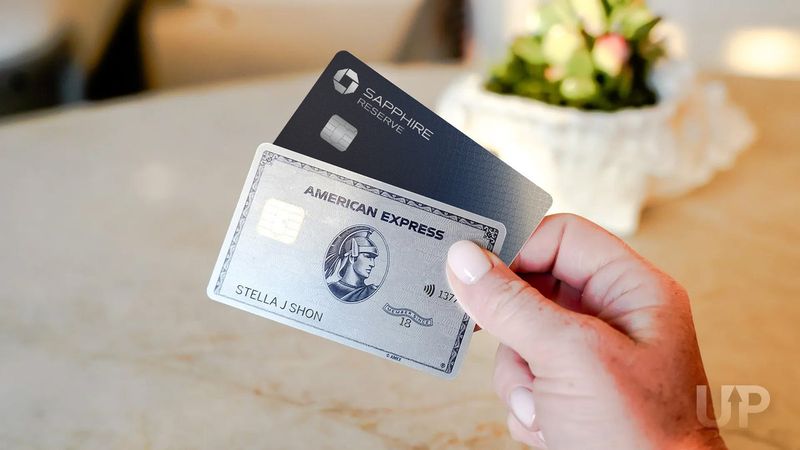
American Express Fine Hotels & Resorts bookings through Platinum or Centurion cards include daily breakfast for two, guaranteed 4pm checkout, and potential room upgrades that can be worth hundreds.
Visa Signature’s Luxury Hotel Collection and Mastercard’s travel programs offer similar perks like upgrade availability and breakfast benefits. These extras often justify higher base rates when you calculate their actual value.
The breakfast alone can save $40-60 per day for couples, while late checkout provides flexibility worth paying for. Room upgrades through these programs happen more frequently than standard bookings because of the partnership agreements.
7. Check AAA CAA AARP government teacher or military rates if eligible
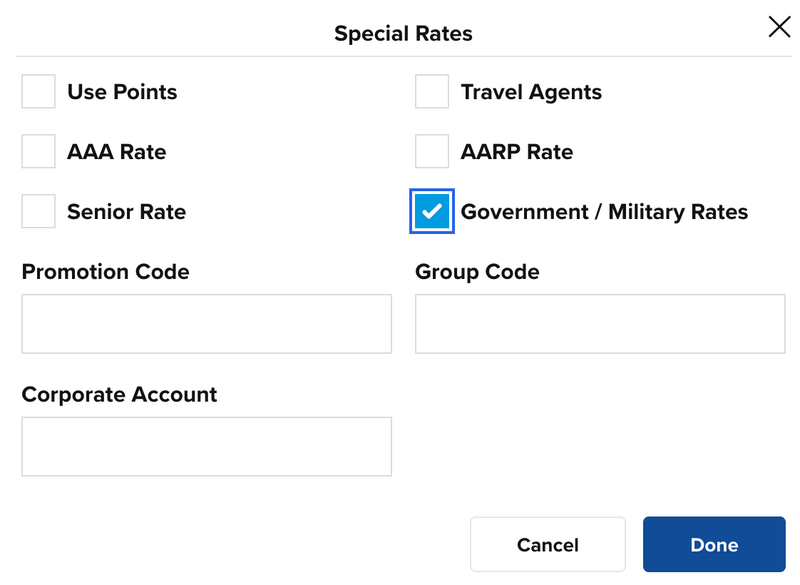
Legitimate discount programs offer substantial savings that many eligible travelers completely forget about. AAA/CAA members can access exclusive rates at major chains, while AARP partnerships provide genuine member-only pricing.
Government employees, teachers, and military personnel often qualify for special rates that beat standard discounts. Choice Hotels, Hilton, and other chains actively promote these programs because they guarantee bookings.
Always bring proper identification to verify eligibility at check-in. These aren’t gimmicky promotions but established discount programs that can save 10-20% consistently across thousands of properties nationwide.
8. Use the hotel app to pick a better room and message the property
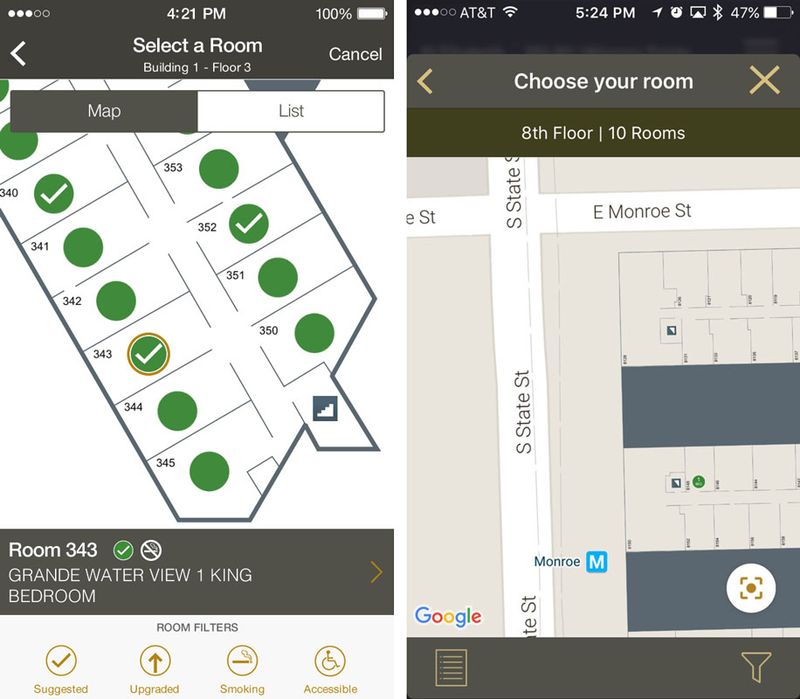
Hotel apps have evolved beyond simple booking tools into room selection powerhouses. Hilton’s app shows actual floor plans where you can choose specific rooms, while Marriott enables mobile check-in with special requests.
Direct messaging through apps lets you communicate preferences before arrival – quiet rooms, high floors, away from elevators. Staff often accommodate reasonable requests when given advance notice.
While apps won’t magically create suites, they provide real advantages for securing better locations within your booked category. The key is making requests early and being specific about what matters most for your stay comfort.
9. Stay flexible with dates and location then use filters smartly
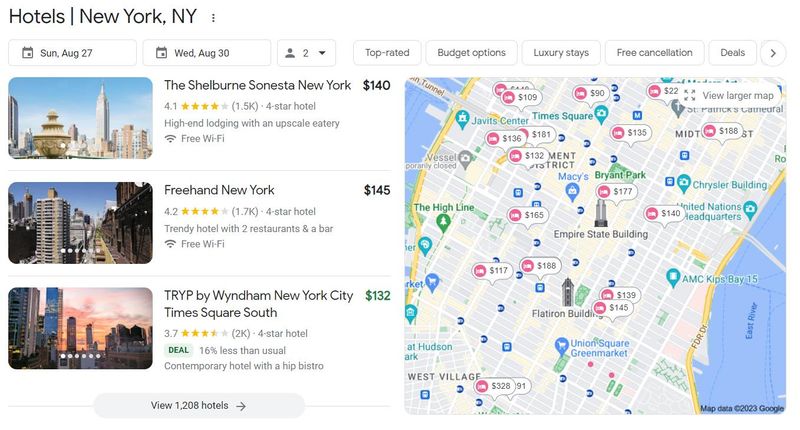
Shifting your stay by just one or two nights can unlock dramatically different pricing. Moving a few subway stops away from the most popular area often provides similar access at much lower costs.
Google Hotels now offers price insights and tracking in many regions, helping you time bookings strategically. Apply filters for free cancellation, minimum ratings, and included breakfast to narrow options effectively.
Flexibility is your strongest negotiating tool against hotel pricing algorithms. Properties a short transit ride from downtown hotspots frequently offer 30-40% savings while maintaining easy access to attractions and business districts.
10. Consider opaque deals for deep discounts when you don’t need a specific hotel
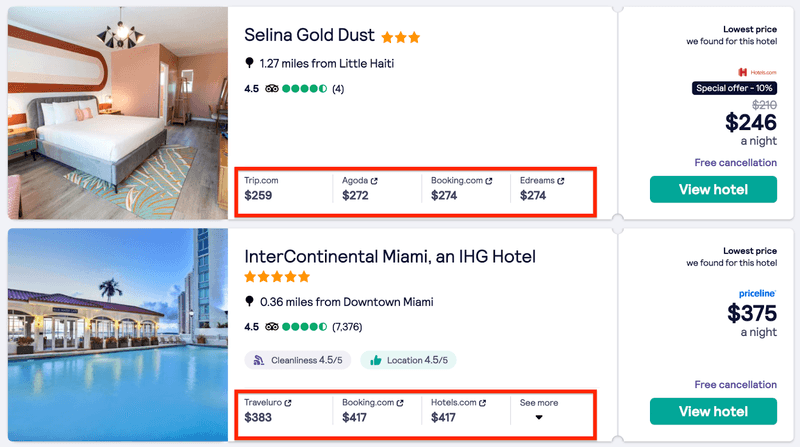
Priceline Express Deals and Hotwire Hot Rate bookings hide the exact hotel until after payment, but reveal the neighborhood, star rating, and key amenities beforehand. You trade certainty for substantial savings.
These mystery bookings often deliver 3-4 star properties at significant discounts, sometimes 40-50% below standard rates. The risk is getting a property you wouldn’t have chosen directly.
Opaque deals work best when you prioritize savings over specific hotel preferences. Read the amenity lists carefully – they often hint strongly at which property you’ll receive without naming it directly.
11. Incognito mode doesn’t unlock cheaper hotel prices
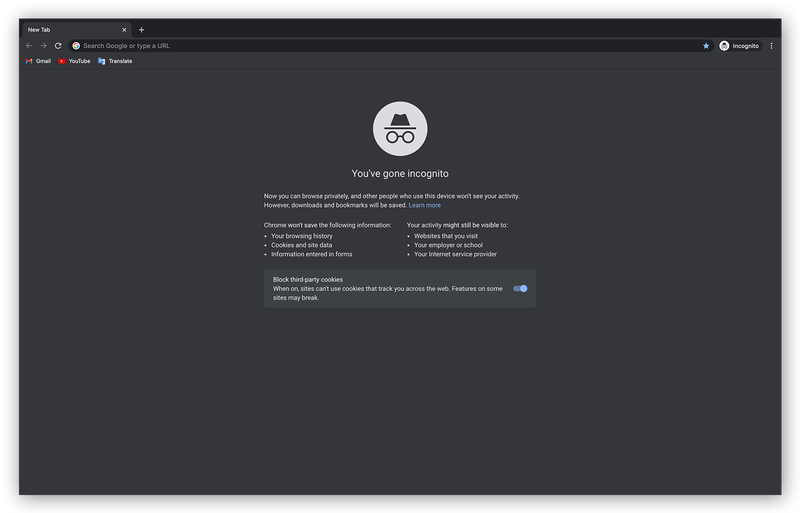
Contrary to popular belief, browsing in incognito or private mode won’t magically reveal lower hotel prices. Multiple studies and tests have debunked this persistent travel myth conclusively.
Price variations you notice are typically due to dynamic inventory management and real-time demand changes, not your browsing history or cookies. Hotels adjust rates based on occupancy and booking patterns, not individual user tracking.
Instead of wasting time clearing cookies, focus on proven strategies like loyalty programs, price matching, and flexible booking dates. These documented tactics deliver real savings rather than chasing phantom discounts that don’t actually exist.
12. New or soft-opening hotels can be bargains with trade-offs

Freshly opened properties often slash rates to build occupancy and generate initial reviews. These soft-opening deals can offer luxury accommodations at budget prices while hotels work out operational kinks.
The trade-off is potential teething problems – limited restaurant hours, unfinished amenities, or construction finishing touches. Staff may still be learning procedures, affecting service consistency.
New hotel bargains work well for adventurous travelers who prioritize savings over perfection. Research the opening date and read recent reviews to gauge whether construction issues or service gaps might impact your specific needs and expectations.



